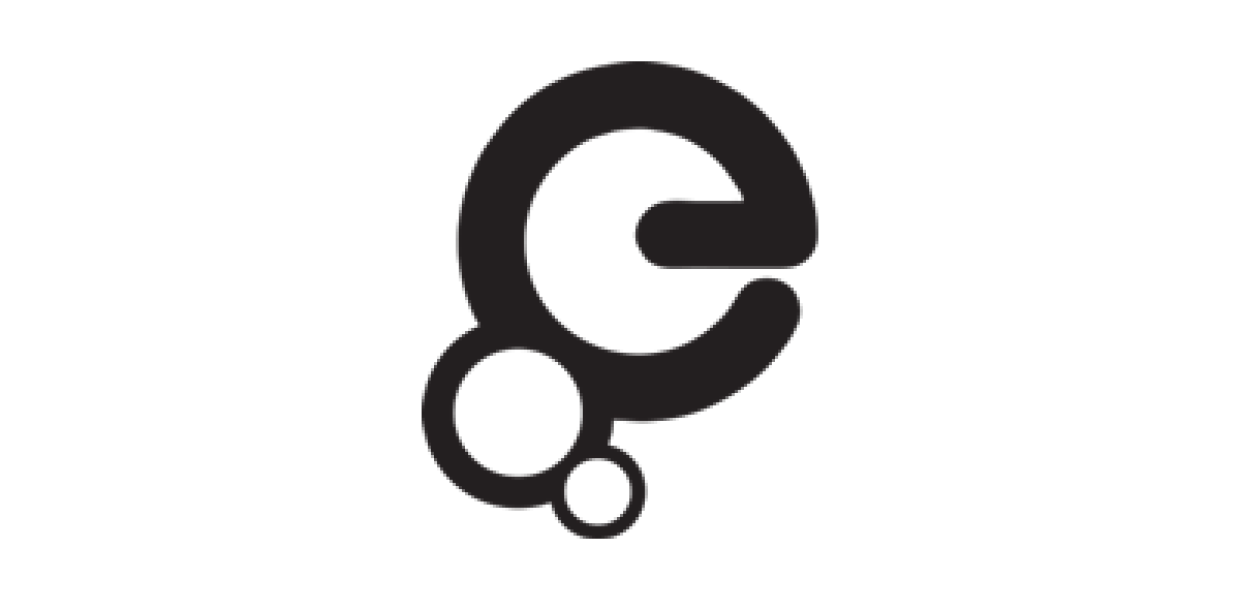Support Open Data licensing

What does that mean in practice?
It means that the datasets describing all the millions of books and texts ever published in Europe – the title, author, date, imprint, place of publication and so on, which exists in the vast library catalogues of Europe – will become increasingly accessible for anybody to re-use for whatever purpose they want.
It will mean that Wikipedia can use the metadata, linking it to all sorts of articles; it will mean that apps developers can embed it in new mobile tools for tourism or teaching. Crucially, for information scientists, it will mean that vast quantities of trustworthy data are available for Linked Open Data developments, creating relationships between elements of information that's never been possible before. The potential to create new relationships between datasets from Europe's greatest libraries creates what an expert in Semantic Web technology, Dr Stefan Gradmann, Professor of Library and Information Science at Humboldt University, Berlin, has called a ‘knowledge-generating engine'.
The first outcome of the open licence agreement is that the metadata provided by national libraries to Europeana.eu, Europe's digital library, museum and archive, via the CENL service The European Library, will have a Creative Commons Universal Public Domain Dedication, or CC0 licence. This metadata relates to millions of digitised texts and images coming into Europeana from initiatives that include Google's mass digitisations of books in the national libraries of the Netherlands and Austria.
Bruno Racine, new Chair of CENL and President of the Bibliothèque nationale de France, and Dr. Elisabeth Niggemann, former Chair of CENL and Director of the Deutsche Nationalbibliothek, welcomed the leadership shown by CENL. Dr Niggemann said, ‘Providing data under an open licence is key to putting cultural institutions like our national libraries at the heart of innovations in digital applications. Only that way can society derive full social and economic benefit from the data that we've created to record Europe's published output over the past 500 years. The best analogy is between bottled water and a water main. Rather than bottling it and branding it, we're putting data on tap, so that everyone has free and open access, and can use it for whatever purpose they need.'
This resonates with the words of the European Commissioner for the Digital Agenda, Neelie Kroes, who in her speech to the Open Europe Summit this week said, ‘I am convinced that the potential to re-use public data is significantly untapped. Such data is a resource, a new and valuable raw material… To mine it would be an investment which would pay-off with benefits for all of us.'
As well as demonstrating strategic leadership in the heritage and information sectors, the pay-off for the libraries is twofold. Firstly, as their data becomes pervasive online, it will lead users back to its source, encouraging visits both both online and onsite. Secondly, their data will be enriched by contact with complementary data sources, and be available for them to re-use to upgrade their own services to users.
Contact:
[email protected] for further information
Notes for Editors
CENL: Founded in 1987, the Conference of European National Librarians (CENL) develops the role of national libraries in Europe, in particular their responsibilities for maintaining the national cultural heritage, ensuring the accessibility of knowledge and support for related research and development activities. Members of CENL are the national librarians of the member states of the Council of Europe. CENL currently consists of 49 members from 46 Council of Europe countries. The full Conference meets annually, and is currently meeting in Copenhagen at the National Library of Denmark.
Europeana: brings together the digitised content of Europe's libraries, galleries, museums, archives and audiovisual collections. Currently Europeana gives integrated access to 20 million books, films, paintings, museum objects and archival documents from some 1500 content providers. The content is drawn from every European member state and the interface is in 27 European languages. Europeana receives its main funding from the European Commission.
Europeana is funded not only to engage audiences with digitised cultural content but also to facilitate innovation in the cultural heritage sector. The Europeana Foundation, which runs Europeana and comprises the professional associations for the cultural heritage organisations of Europe, last week also declared in favour of open data licensing.
Creative Commons Universal Public Domain Dedication, or CC0 licence
Creative Commons is a not-for-profit organization, founded in 2001, that promotes the creative reuse of intellectual and artistic works, whether owned or in the public domain. Through its free copyright licences, Creative Commons offers authors, artists, scientists, and educators the choice of a flexible range of protections and freedoms.
Creative Commons' public domain tools enhance the public domain by allowing cultural and other works that are free of known copyright to be easily discoverable over the Internet, and works to be dedicated to the public domain by their owners. CC0 enables scientists, educators, artists and other creators and owners of copyright- or database-protected content to waive those interests in their works and thereby place them as completely as possible in the public domain, so that others may freely build upon, enhance and re-use the works for any purposes without restriction under copyright or database law.
